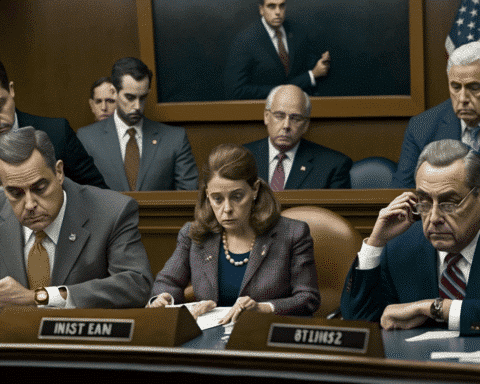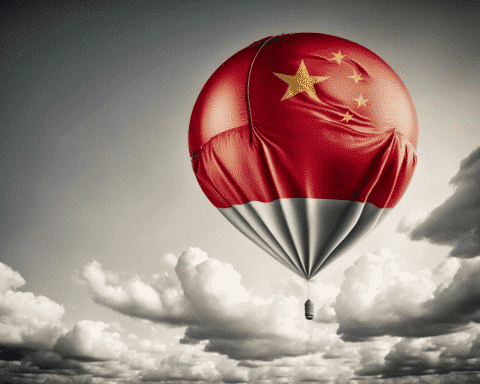The Women’s Tennis Association (WTA) has announced the end of its boycott in China, which had been in place since late 2021. The boycott was due to concerns over the safety of former player Peng Shuai, who had accused a high-ranking government official of sexual assault.
Background on Peng Shuai’s Case
Peng’s accusation raised concerns over her safety after she disappeared from public view following the allegations. The WTA had requested to meet with Peng to ensure her well-being and to have a transparent investigation into the accusations. However, the Chinese government did not meet these requests, and the WTA decided to boycott tournaments in the region.
Resuming Play In China
Despite the lack of progress in their requests, the WTA has now decided to resume play in China after 16 months. The decision came after the WTA received assurances from the Chinese Tennis Association that athletes and staff would not face issues while competing in the region.
The majority of athletes were supportive of the decision to return to China, and the tour’s schedule in China will be revealed soon. The ATP men’s tennis tour and the International Tennis Federation have also resumed operations in China, and the WTA’s decision to resume play in China was welcomed by the ITF.
Although some may perceive the WTA’s decision to resume play in China as a retreat, WTA Chairman and CEO Steve Simon emphasized that the organization made a unique stand that no one else has. He further affirmed that the WTA acknowledges its role in promoting a secure, inclusive, and respectful sport, and is dedicated to utilizing its platform to support positive change.
Implications Of Resuming Play In China
The WTA’s decision to resume play in China has raised concerns over whether the organization has compromised its values. Critics argue that by returning to China, the WTA is putting profit over principles, and that the Chinese government has not addressed the allegations of sexual assault.
However, others argue that the WTA’s decision to resume play in China is a step forward, as it shows that the organization is willing to engage in dialogue with the Chinese government to address human rights issues.
Looking Ahead
The WTA’s decision to end its boycott in China marks a significant moment in the organization’s history. While it remains to be seen what impact the decision will have, it is clear that the WTA is committed to advocating for positive change and creating a safe and inclusive sport.
As the tour’s schedule in China is revealed, it will be interesting to see how players and fans react to the decision to resume play in the region. It is likely that the WTA will continue to face scrutiny over its relationship with the Chinese government, but the organization has shown that it is willing to take a stand for what it believes in.




